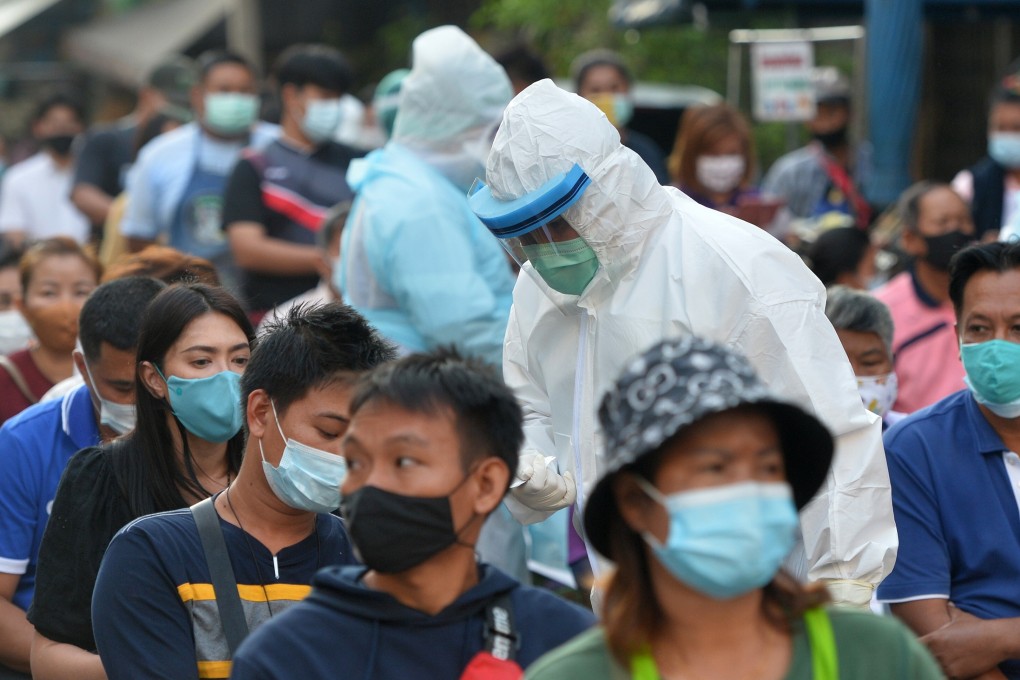Coronavirus: Japan to ban new entry from around world as cases linked to UK strain rise
- The ban will begin on December 28 and run until the end of January after Japan confirmed seven cases of a new Covid-19 variant found in Britain
- Meanwhile, Thailand reported 64 infections connected to an outbreak in a seafood centre in Samut Sakhon

The suspension will begin on Monday and run until the end of January, Kyodo reported, citing government officials.
Two more people were confirmed on Saturday to have been infected with a new coronavirus variant, while the country reported a national record of more than 3,870 new cases, marking the highest daily increase for the fourth day in a row.
The two are a pilot who stayed in Britain and one of his family members, and they have been hospitalised in Tokyo, according to the Health Ministry.
The ministry on Friday reported its first cases of a new coronavirus variant identified in the UK.
Five people were sent into quarantine after their infections were confirmed upon their arrival from Britain between December 18 and December 21, Health Minister Norihisa Tamura told a news conference late Friday. The five arrived before Japan began on Thursday to impose a temporary ban on foreign visitors from Britain.
Currently only Japanese citizens and foreign nationals with resident status are allowed to enter the country. They are required to go into quarantine for 14 days after arrival.